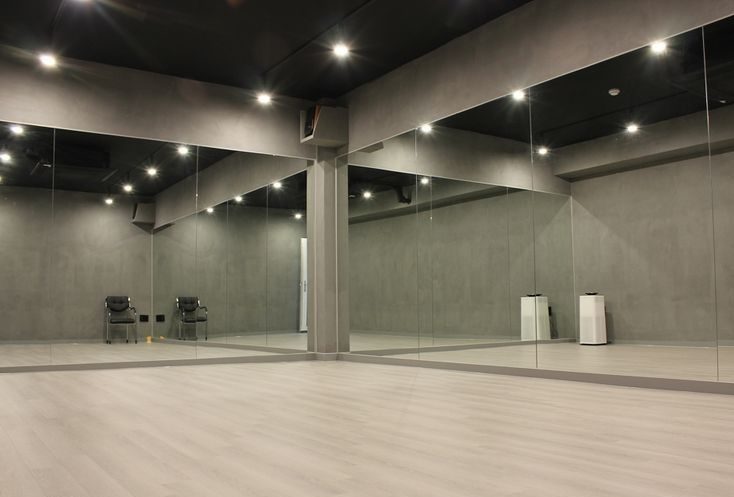Despite K-Pop’s explosive global popularity, the industry faces a potential future hurdle: a lack of trainees.
A recent report by the Korea Creative Content Agency reveals a staggering decline in trainee numbers. From 2020 to 2022, the pool of trainees dropped a worrying 38.3%, falling from nearly 1,900 to just over 1,170.
This shortage isn’t just from a lack of new aspiring idols. Dropout rates among existing trainees have also risen significantly. The odds of successfully debuting have shrunk from a promising 80% in 2016 to a much less encouraging 65% in 2022. This harsh reality, coupled with the intense training process, is causing many to abandon their K-Pop dreams.

Practice rooms are empty since aspiring dancers are abandoning K-pop dreams.
Experts point to a shift in career aspirations among teenagers as a key reason. Government surveys show a dramatic decline in the “singer” career path on students’ wish lists. From ranking high in the early 2000s, “singer” has fallen out of favour with younger generations, who are increasingly drawn to the quicker success and financial rewards offered by careers like social media influencing.
While K-Pop enjoys a global boom, the industry’s future talent pipeline seems to be drying up. Efforts to recruit internationally and hold global auditions are underway, but addressing the root causes behind this decline is critical.

South Korea for the time is facing a K-pop trainee crisis.
The K-Pop industry needs to find ways to make the path to idol-dom more enticing and sustainable for aspiring stars.
